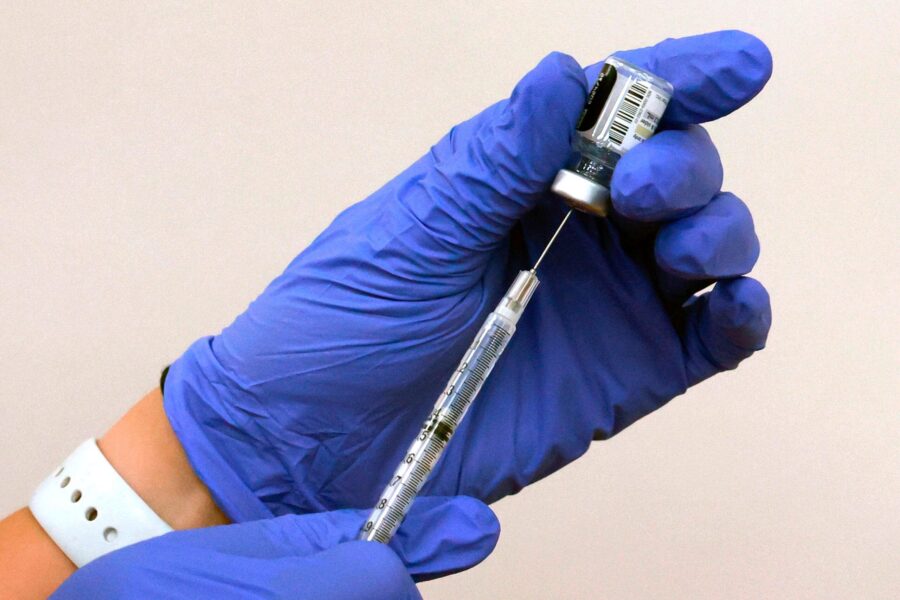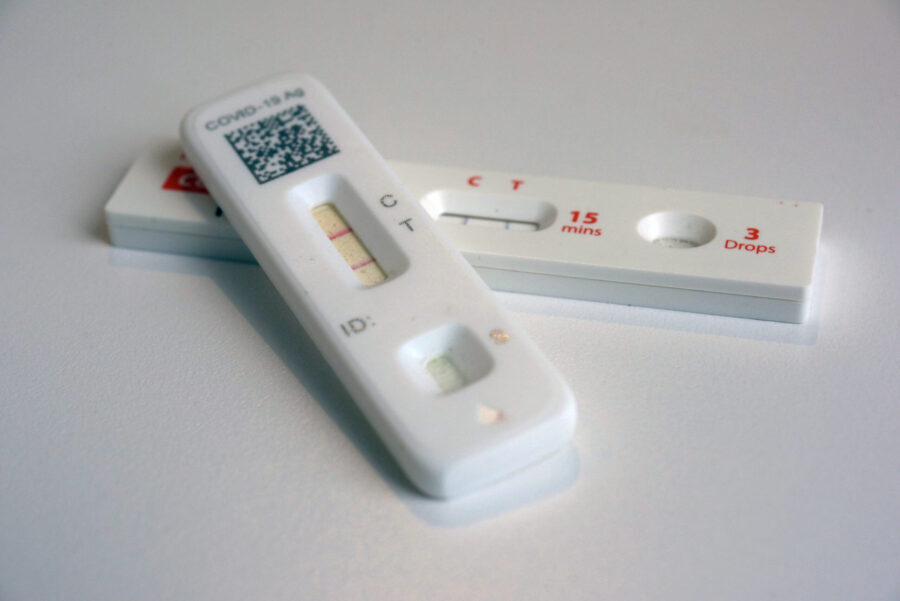COVID-19 long-hauler clinic still trying to figure out why symptoms linger
Feb 8, 2022, 4:59 PM | Updated: Jun 13, 2022, 4:03 pm
SALT LAKE CITY — Seven months ago, University of Utah Health opened a COVID-19 long-hauler clinic to care for patients and to learn why symptoms of the virus persist for some patients.
Long COVID, as defined by the World Health Organization, refers to COVID-19 patients who have persistent symptoms three months after the initial infection.
Some research shows that as many as 30% of those who catch COVID-19, have lingering symptoms.
Since the cinic opened at the University of Utah, they’ve seen nearly 600 patients, and 200 more are getting appointments scheduled.
The most common symptom is fatigue. Right now, the clinic is working on a fatigue study with the VA and the Department of Geriatrics.
Long-haulers also commonly have brain fog, loss of taste and smell and even fluctuations in heart rate and blood pressure.
“We continue to see a need because we see about five to 10 new referrals every day. We are receiving those from providers around the area,” Dr. St. Jeanette Brown, pulmonologist and the clinic’s medical director.
Not only are they working to help with symptoms, but they’re also trying to better understand whether some people are more likely to get long COVID-19, and how it develops.
“We have the opportunity to not only be providing clinical care, but to be thinking through the mechanisms of long Covid, and the mechanisms of Covid in general,” said Dr. Rachel Hess, chief of the Division of Health System Innovation and Research at U of U Health.
The COVID-19 clinic has also referred patients to 35 different specialties across the university system.
They’re trying to treat patients’ symptoms while they wait for more information from research studies to help them understand more.












